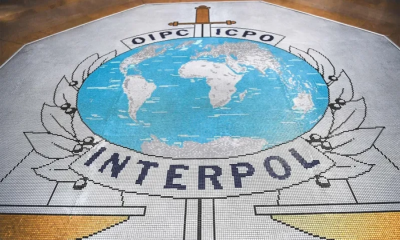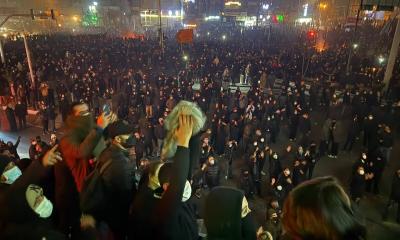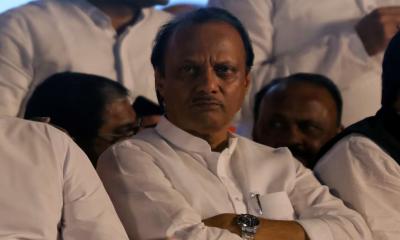Mahfuz Alam, an advisor to Bangladesh`s interim government, has urged the nation to move away from what he calls “Mujibist politics” and the worship of the Sheikh family.
In a strong post on his Facebook page, Alam criticized both Sheikh Mujibur Rahman and his daughter, Prime Minister Sheikh Hasina, for their controversial leadership.
On November 13, Alam shared his views in a Facebook post, where he argued that both father and daughter faced public anger because of their authoritarian rule.
According to Alam, Sheikh Mujib was once a popular leader who led the people of East Bengal against Pakistani oppression before 1971.
However, Alam believes that after the country’s independence, Sheikh Mujib’s rule became oppressive, and he himself became an authoritarian figure.
Alam pointed out that due to Sheikh Mujib’s policies and leadership after the war, Bangladesh was left divided and weakened.
He claimed that, as a result, the people did not mourn his death in 1975.
He further added that while Sheikh Mujib’s contributions before 1971 are respected, his post-1971 actions—such as supporting mass killings, forced disappearances, and corruption—should be acknowledged and apologized for by his family.
The advisor also took aim at Sheikh Hasina’s current rule, calling it similarly authoritarian.
He suggested that the Sheikh family should publicly apologize for the damage caused by their leadership and for creating a culture of “idolizing” Sheikh Mujib.
Alam urged the nation to move away from the political system that elevates the Sheikh family to near-godlike status.
He also highlighted that, following the recent July uprising, the people of Bangladesh removed portraits, statues, and murals of Sheikh Mujib from public spaces.
Alam argued that if anyone criticizes the removal of these images, they are disrespecting the will of the people.
Alam emphasized that history cannot be erased and that the Liberation War of 1971 was a struggle fought by the people of Bangladesh, not just the Sheikh family.
He added that if any freedom fighters committed wrongdoings after the war, they should face justice, no matter their past contributions to the independence movement.
In his final remarks, Alam called for a shift in the country`s political culture—one that stops treating ruling families like untouchable figures and recognizes the collective effort of the people in shaping Bangladesh`s history.


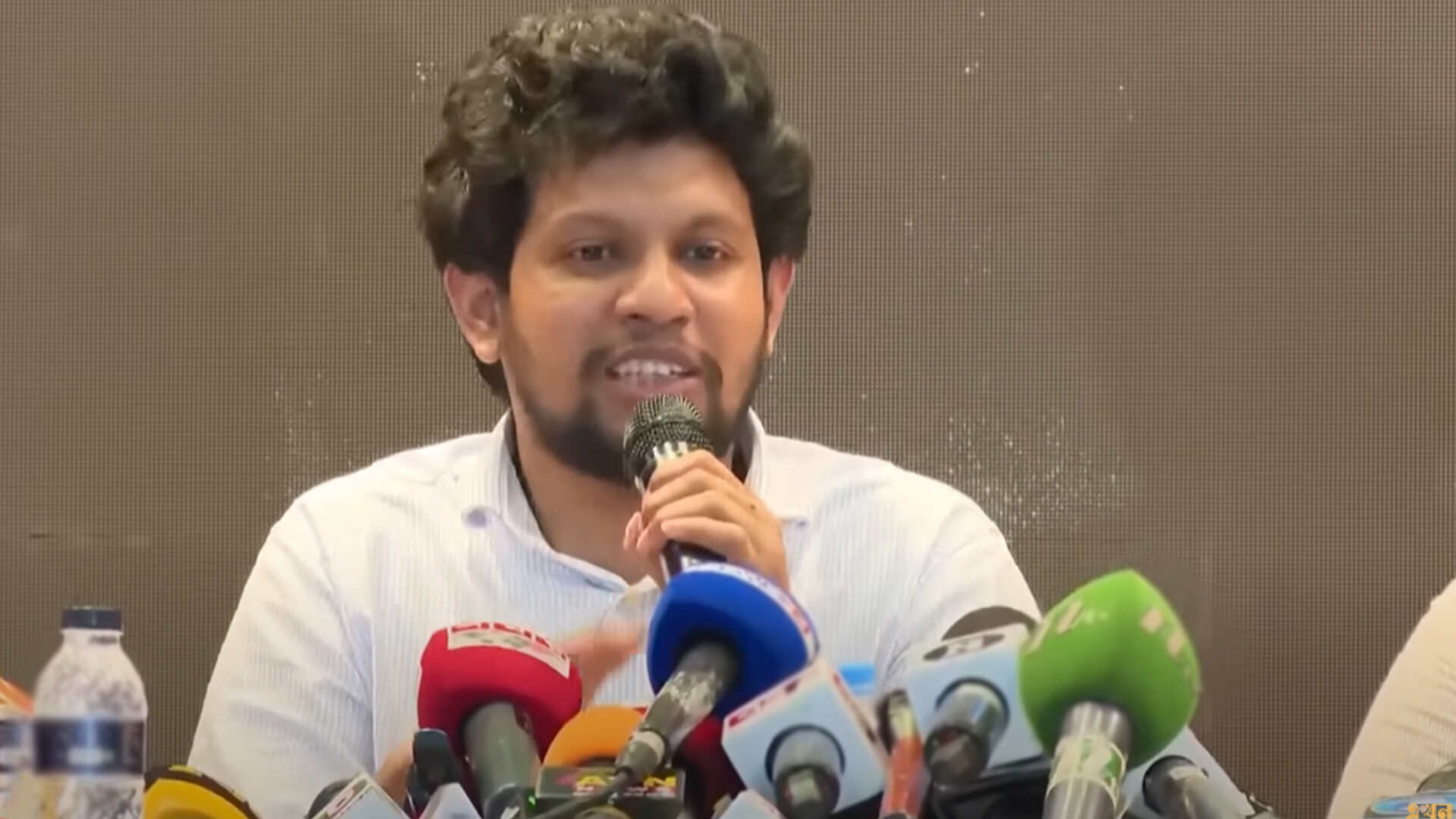

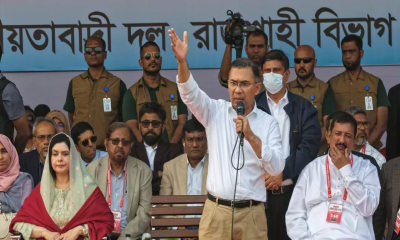
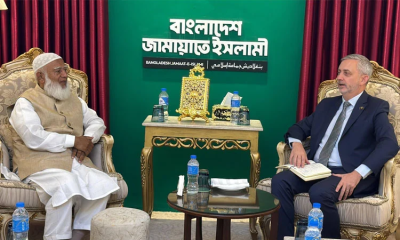
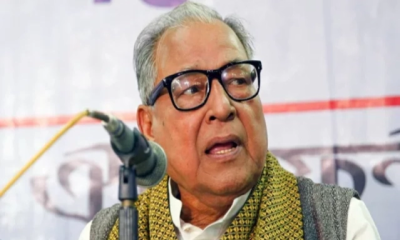

-20260123074428.jpeg)

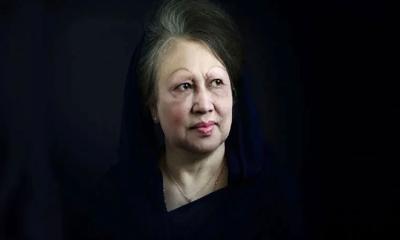
-20260129125550.webp)
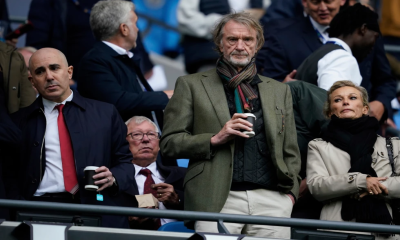
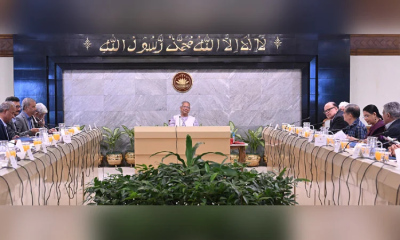

-20260129100919.webp)
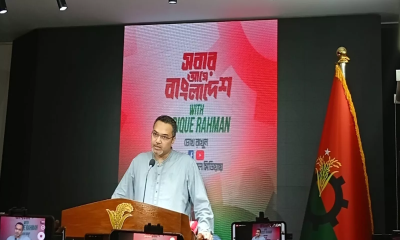
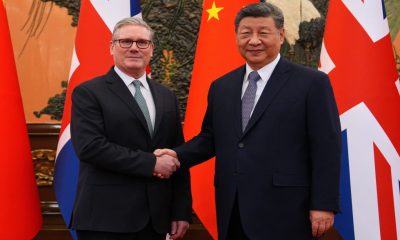
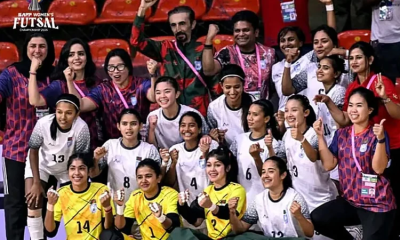
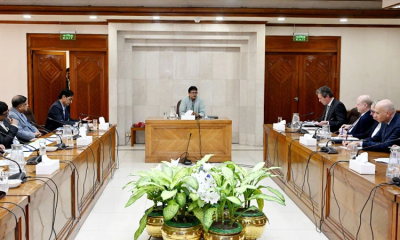
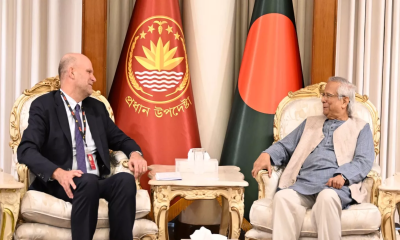
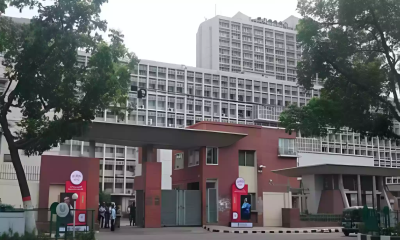
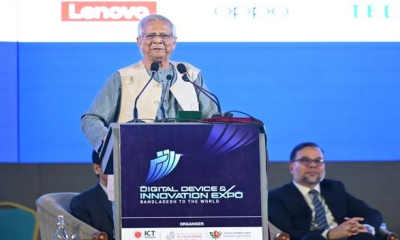


-20260125075255.jpeg)
